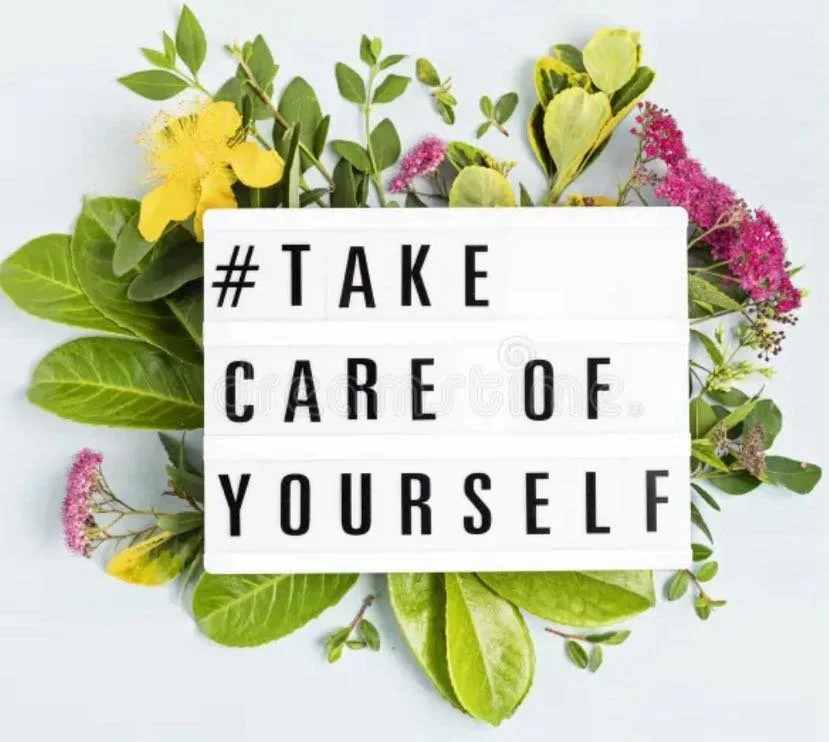Unleashing the Power of Self-Care: Elevate Your Daily Routine with These Empowering Practices!
Self-Care isn’t just a modern trend.
Amid the chaos of daily life, prioritizing self-care often feels like an indulgence rather than a necessity. However, taking regular moments to nurture ourselves can dramatically transform our mental, physical, and emotional well-being. Research shows that individuals who practice self-care are 30% more likely to report feeling happy and fulfilled in their lives. By embracing self-care, we not only elevate our overall quality of life but also prepare ourselves to face daily challenges with renewed energy. Join me as we explore the many benefits of self-care and practical ways to weave these empowering practices into your daily life!
The Significance of Self-Care
Self-care isn’t just a modern trend; it is essential for maintaining balance in our hectic lives. When we dedicate time to ourselves, we enhance our resilience, leading to a happier and healthier life. Engaging in self-care activities—whether it’s exercising, meditating, or pursuing hobbies—can help reduce stress, increase productivity, and foster deeper connections with ourselves and those around us.
For instance, studies show that individuals who practice regular self-care techniques experience up to a 40% reduction in stress levels. When we invest time in self-care, we can recharge our mental batteries and face the challenges that life throws our way. Improved self-perception also positively impacts our relationships. When we feel good about ourselves, we tend to be more patient and attentive to others.
Benefits of Incorporating Self-Care into Your Routine
1. Stress Reduction
One of the most immediate benefits of self-care is stress reduction. Engaging in activities that bring us joy or relaxation can lower cortisol levels. For example, a simple 30-minute walk in a nearby park can reduce stress levels by as much as 20%. Alternatively, a spa day or a warm bath can help you unwind fully, leaving you refreshed.
2. Improved Mental Clarity
Spending time on self-care can help clear your mind. Stepping away from daily pressures allows you to gain perspective. Activities like journaling or meditation for even just 10 minutes daily can lead to a significant improvement in mental clarity and focus. Just think: nearly 70% of people who meditate report increased emotional resilience and better decision-making.
3. Enhanced Physical Health
Self-care isn’t only beneficial for the mind; it also impacts physical health. Regular exercise, whether it is yoga, dancing, or brisk walking, encourages heart health and helps maintain a healthy weight. According to the CDC, only 23% of Americans get the recommended 150 minutes of moderate aerobic exercise weekly. A balanced diet along with hydration further supports a healthier lifestyle and enhances energy levels.
4. Boosted Self-Esteem
Engaging in self-care communicates a vital truth: we are worthy of love and kindness. Simple practices like changing into an outfit that makes you feel confident or indulging in creative hobbies can significantly enhance your self-image. Research reveals that practicing self-care can boost self-esteem by 25%.
5. Deeper Connections
Self-care is not solely about individual practices; it can enhance our relationships as well. Sharing moments of self-care—like cooking a healthy meal together or hosting a game night—can strengthen your bond with friends and family. According to studies, those who engage in shared activities report a 50% improvement in their relationships.
Practical Self-Care Activities to Incorporate into Your Daily Life
Understanding the importance and advantages of self-care allows us to implement practical activities into our daily routines effortlessly.
1. Morning Mindfulness
Kick-start your day with mindfulness. Practices like meditation or deep-breathing exercises for just five minutes can ground you and set a positive tone. This simple act can lead to 30% higher productivity throughout your day.
2. Nature Therapy
Spending time outdoors can significantly improve your mood. A quick ten-minute walk in a garden or park can lead to an increase in emotional well-being. The calming effect of nature can reduce anxiety significantly, sometimes by over 40%.
A peaceful garden ideal for relaxation and reflection.
3. Creative Outlets
Engaging in creative activities like painting, writing, or crafting can express yourself and improve your mental clarity. Creative expression can boost mood by as much as 60%.
4. Consistent Physical Activity
Find an exercise you enjoy, whether dancing, swimming, or just walking. Aim for at least 30 minutes of activity daily. Regular exercise can increase overall happiness levels by about 15%, boosting endorphin production.
5. Setting Boundaries
Learning to say "no" to requests that drain you can be empowering. Establishing boundaries allows you to focus on what truly brings joy and fulfillment.
Commitment to Self-Care
Embracing self-care requires commitment and intention. Make it a priority in your life by scheduling ‘me-time’ just like you would a meeting. Research indicates that people who plan their self-care effectively experience a 35% improvement in overall happiness.
Incorporating self-care into your routine is not merely about pampering; it is about identifying your personal needs and discovering what resonates with you. Everyone's self-care looks different, so find what brings you peace and joy.
A Journey Toward Well-being
In a world that often pushes us to prioritize others, reclaiming time for self-care is revolutionary. By embracing these practices, we can enhance mental clarity, build stronger relationships, and boost overall happiness.
Let this be your call to action! Prioritize self-care and transform your daily routine into a powerful platform for personal growth. Through small, consistent changes, you will unlock your full potential and step into each day empowered and rejuvenated. So, what will be your first step towards self-care today?


